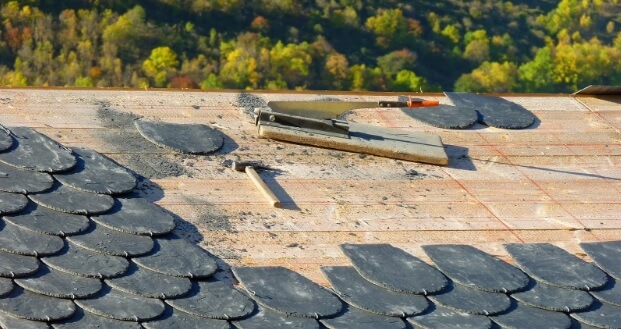Oregon has several laws which affect roofing contractors, workers, and residents. Ignorance is never an answer, and cannot alter the law or the consequences for breaking it. Even if you’re not a roofing contractor, it is helpful to understand some of these basic roofing laws in your state if you plan on hiring one.
Continuous Education Requirements
All roofers are required by the law to have at least eight hours of classes during each two-year licensing period. The classes should include three hours of CCB-developed courses in business practices, laws, and regulations. An additional five hour Series A courses training on codes, safety, and business management. The CCB must approve all courses. If a course is not available in the CCB’s online catalog, it doesn’t improve a roofer’s credit rating, but it may work in your favor.
Worker Compensation
Contractors using leased workers are referred to and nonexempt contractors. Nonexempt contractors don’t require having worker compensation insurance for its officers or owners. The leasing company is supposed to provide employee compensation cover for the employees.
Fall Protection
The new Oregon fall protection laws have been changed. Starting from January 2017, the Oregon Occupational Safety and Health Division reduced the 10-foot trigger for fall protection to six feet. The new requirement means that contractors will use a different form of fall protection to protect their employees from falling from six feet or more.
Handyman Exemption
The threshold for performing some tasks without a contractor license now stands at $1,000, up from $500 (for example, doing roofing work for a friend). To qualify for exemption, a roofer should do a task that is minor, casual, and inconsequential. The work should not affect health or safety, and should be structural. For clarification, consult with a construction attorney.
This post is not legal advice and has not been reviewed by a legal professional for accuracy. You should consult a local lawyer for real legal advice.







